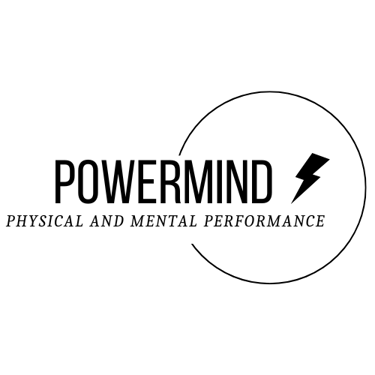Why is Self-Awareness Important for Performance
3/11/20253 min read


What if the secret to achieving our best performance does not just lie in what we can do, but in how well we can understand ourselves? This is why self-awareness is so important. In this blog post, we will talk about what impacts self-awareness has on our performance and how we can learn to understand ourselves better.
What is Self-Awareness?
How well do you know yourself? It may seem like a simple question, but the reality is that not everyone understands themselves as deeply as they may think.
Self-awareness is the ability to recognize and understand our thoughts, motives, emotions, and behavioral patterns. It is the ability to know how these elements affect our day to day performances.
When we become self-aware, we start to understand our strengths, weaknesses, emotional triggers, and mental patterns. Self-awareness has a pivotal role for skill development, skill execution, arousal regulation, and emotional control (Ravizza & Fifer, 2014). The more we understand ourselves, the more we can overcome challenges and perform the way we want.
Why is Self-Awareness Important for Performance?
Can you change something that you aren’t even aware you’re doing? Can you modify a habit or correct a behavior that you don’t recognize? The simple answer is no. Without awareness, we often do not see the need to change. We don’t even know what needs to change.
But when we become self-aware, we can make informed choices and create strategies that will enhance our performance. We can build on our strengths, understand our weaknesses, and identify behaviors or emotions that might be holding us back.
Let’s imagine a situation. Imagine that you are about to perform, but you are feeling overwhelmed and stressed, unable to cope with the pressure. These emotions can cause your body to tense up and distract you. The challenge here is that if you don’t know you’re stressed or you cannot identify what is making you anxious, you may not be able to address it. The lack of self-awareness prevents you from taking action to reduce or manage that stress. And this, in turn, can negatively affect your performance.
On the other hand, if you are aware of your stress, you can take proactive steps to control it, whether it is through relaxation techniques, breathing exercises, or other stress-reducing strategies. Simply being aware of what is going on in your mind and body gives you the power to adjust and adapt.
How to Develop Self-Awareness?
Journaling (Tan et al. 2016)
Keeping a journal can help you reflect and keep track of the factors and situations that are either helping or hindering your performance. As you record your experiences, you learn more about yourself and what impacts your performance.
Meditation (Aouani et al. 2024)
Regular meditation can help you become aware of your thoughts and emotions. According to Aouani et al. 2024, various forms of meditation have been found to be helpful in developing self-awareness. You get to choose which form of meditation works best for you!
Reflections (Kirschenbaum, 1997).
Taking the time to reflect post performance about the context, perceived performance, strengths, weaknesses, adjustments needed, mental attributes and arousal states is an effective way to develop self-awareness. You can even end your reflection with some open-ended questions such as “What did you learn about yourself today?”
Take Action Today
Now that you understand the importance of self-awareness, take a few minutes to reflect on your current strengths and weaknesses. What can you learn from them?
By regularly taking the time to understand yourself, you give yourself the best chances to grow and succeed.
Reference
Graig M. Chow & Matteo Luzzeri (2019): Post-Event Reflection: A Tool to Facilitate Self-Awareness, Self-Monitoring, and Self-Regulation in Athletes, Journal of Sport Psychology in Action, DOI: 10.1080/21520704.2018.1555565
Hajer Aouani, Walid Selmi, Achraf Hammami, Halilİbrahim Ceylan, Raouf Hammami, Serdar Bayrakdaroğlu, et al. Meditative pathways to emotional intelligence in athletes: narrative review study. Journal of Men’s Health. 2024; 20(9): 25 31. doi: 10.22514/jomh.2024.145.
Kirschenbaum, D. (1997). Mind matters: 7 steps to smarter sport performance. Carmel, IN: Cooper Publishing.
Ravizza, K., & Fifer, A. (2014). Increasing awareness for sport performance. In J. M. Williams & V. Krane (Eds.), Applied sport psychology: Personal growth to peak performance (7th ed., pp. 176–287). New York, NY: McGraw-Hill.
Tan, S. L., Koh, K. T., & Kokkonen, M. (2016). The perception of elite athletes’ guided self-reflection and performance in archery. Reflective Practice, 17(2), 207–220. https://doi.org/10.1080/14623943.2016.1146582


